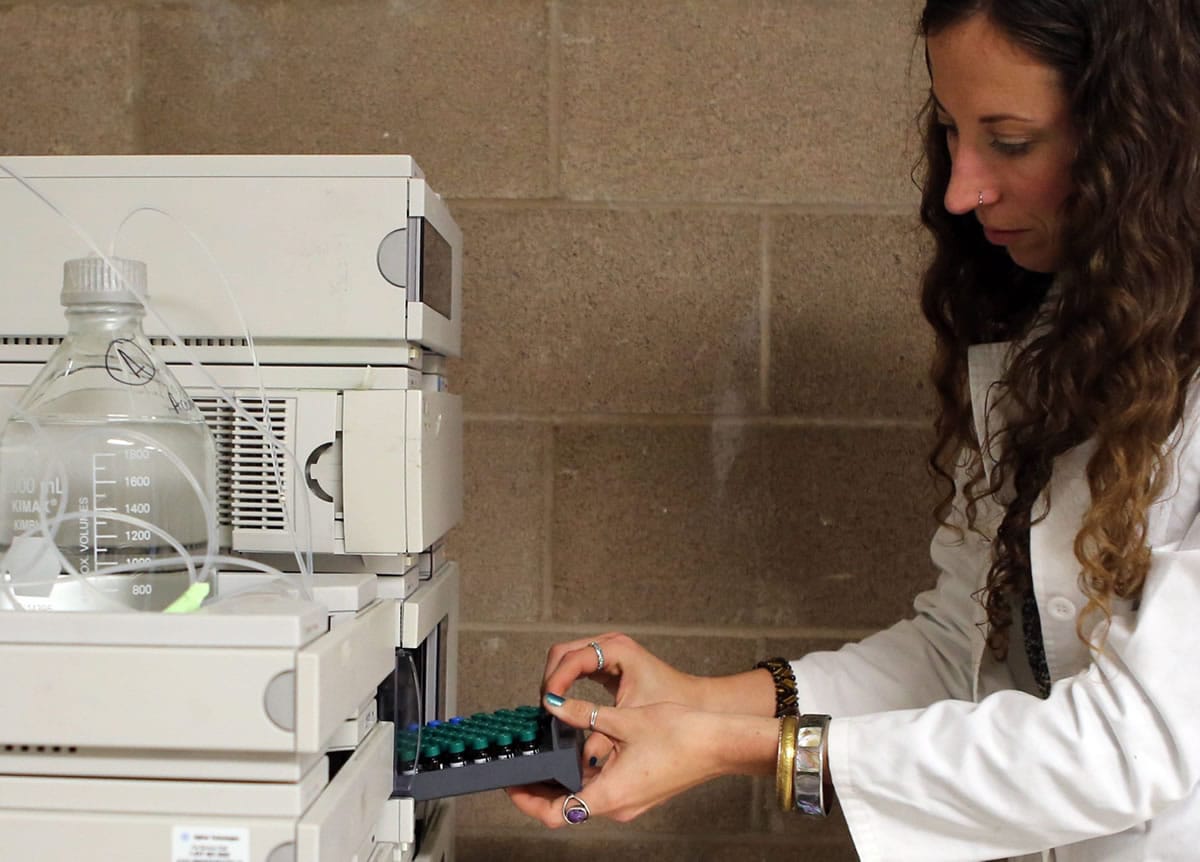CAPITOLA, Calif. — Santa Cruz, Calif., has long established its bona fides when it comes to organic farming. But a nascent effort now on the horizon could lead to a new title: the birthplace of certified marijuana.
Clearly echoing the organic movement of the 1970s, a handful of county leaders and medical marijuana growers and dispensary operators are formulating a set of standards that set a new bar for best practices and quality standards for pot. Even county farming officials are lending their expertise.
“Just like the food industry, you’re going to have Safeway dispensaries and Costco dispensaries. And you’re going to have New Leaf dispensaries,” said Colin Disheroon, operator of Santa Cruz Mountain Naturals, who is expanding his offerings of responsibly grown medical pot. “And that’s kind of our goal, to take it to the New Leaf step of things.”
Seen foremost as a way to comply with new county rules on marijuana cultivation, the certification program could represent a significant leap forward in early efforts to come up with standards in what remains a legally gray industry, but one taking cautious yet clear steps toward legitimacy by seeking government regulations.



